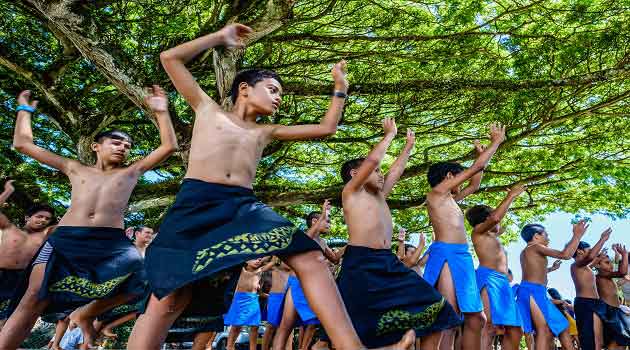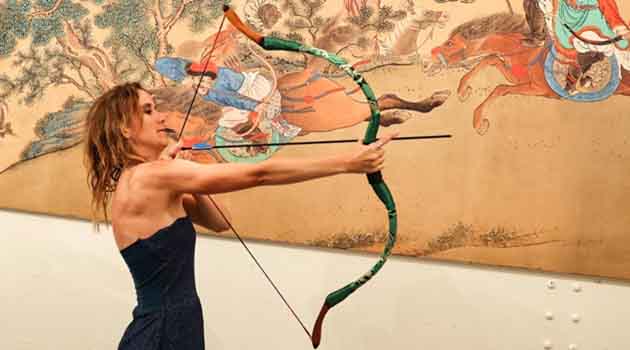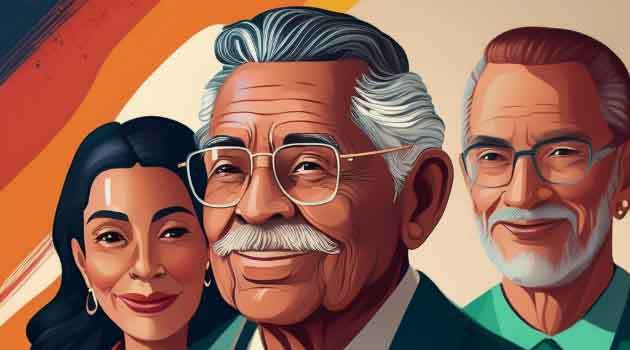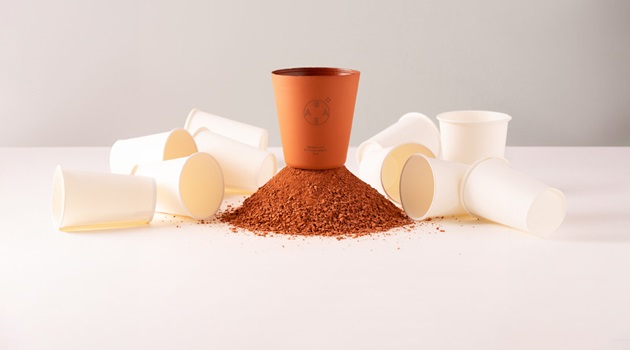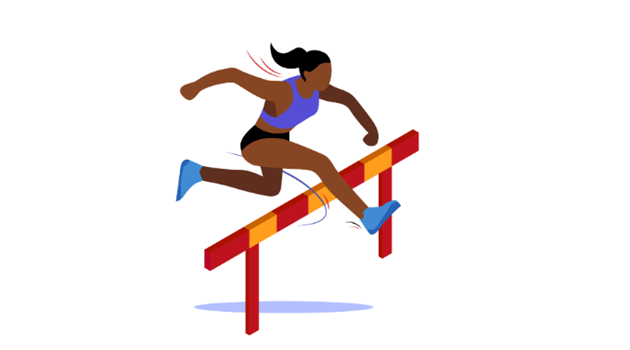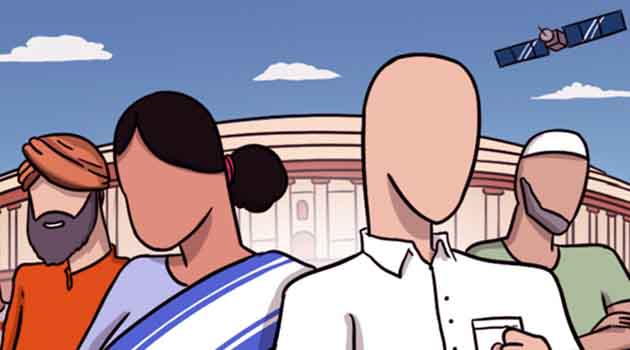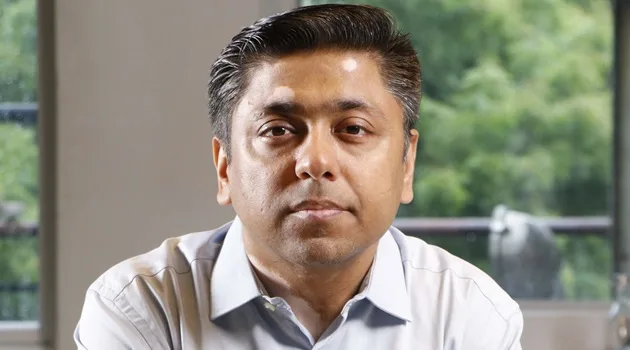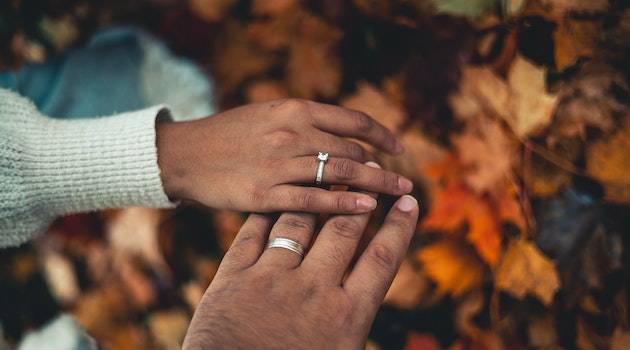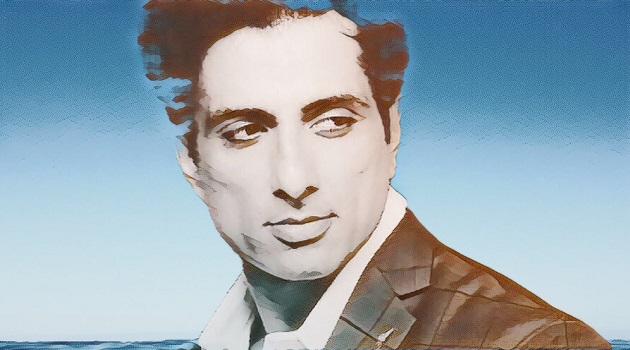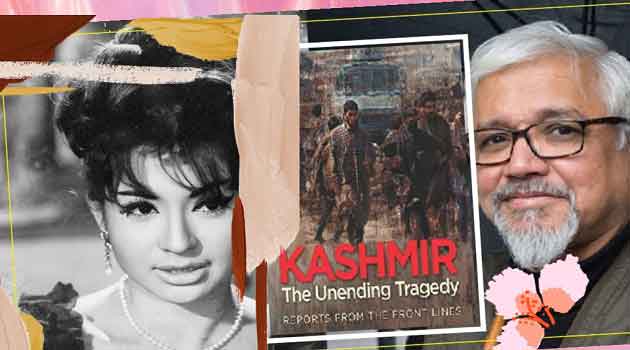Of the 7.2 billion people worldwide, over 3 billion are younger than 25 years, making up 42% of the world population.
Around 1.2 billion of these young people are adolescents aged between 10 and 19 years.
Adolescence is a critical time of life.
It is a time when people become independent individuals, forge new relationships, develop social skills and learn behaviours that will last the rest of their lives.
It can also be one of the most challenging periods.
Challenging Period
In this turbocharged neurological, physical, and emotional transition from childhood to adulthood, young people face a range of health risks.
They are often exposed to harmful products such as tobacco, alcohol and drugs.
They face greater risks of violence (including homicide) and road traffic injuries than in childhood.
They can experience devastating mental health issues such as depression, anxiety, self-harm, substance abuse and addiction to video games, as well as eating disorders and suicide.
Young people can also face sexual health issues such as sexually transmitted diseases or teenage pregnancy.
Depending on where they live in the world, young people may face an even wider range of threats to their health, including racial or gender discrimination or violence, human rights violations, conflict or social disruption from natural disasters, being overweight or obese, female genital mutilation (FGM), forced child marriages or sexual exploitation and abuse.
The numbers are striking: about 3000 adolescents die every day; in 2016, more than 1.1 million adolescents aged 10-19 lost their lives, mainly to preventable causes such as road injuries, complications of pregnancy or giving birth, or because of HIV/AIDS.
Adolescent Health
This particular area is starting to attract the attention it deserves, and is increasingly prominent in global health initiatives.
Young people’s mental health has also been kept as the theme of 2018’s World Mental Health Day on October10.
A new WHO report on youth, health and development articulates how adolescent global and national leadership could be institutionalized and actively supported.
The report refers to young people as a “powerhouse of human potential” and describes strategic opportunities to meaningfully engage them in transforming health and sustainable development.
Young people can be critical agents of change, it says, if they are allowed to be part of the conversation in a fundamental way.
“With over 40% of the world’s population under the age of 24 years, young people have to be part of any meaningful solution to the world’s challenges—and this is their right,” says Dr Shyama Kuruvilla, in WHO’s department for Family, Women’s and Children’s Health.
Gender Inequality
Violence is one of the biggest threats that young people face – and much of this violence happens between peers.
One billion children worldwide – over half of all young people aged 2–17 years – experience emotional, physical or sexual violence every year.
Both boys and girls experience high levels of violence, and policies developed need to be appropriate for the types of violence faced.
Violence has a strong gender component: one in five girls under the age of 20 report experiencing sexual violence, compared to 8% of boys.
Health & Technology
Young people navigate almost every element of their lives, especially their social lives, through technology.
While it can sometimes lead to obsessive behaviours such as internet or gaming addiction, technology can also be a way to provide them with such critical information, connect them with services or empower them in their own healthcare.
Digital health programmes about sexual health, physical activity or diet; or providing adolescents the ability to provide confidential online feedback to health providers on their experience with care.
